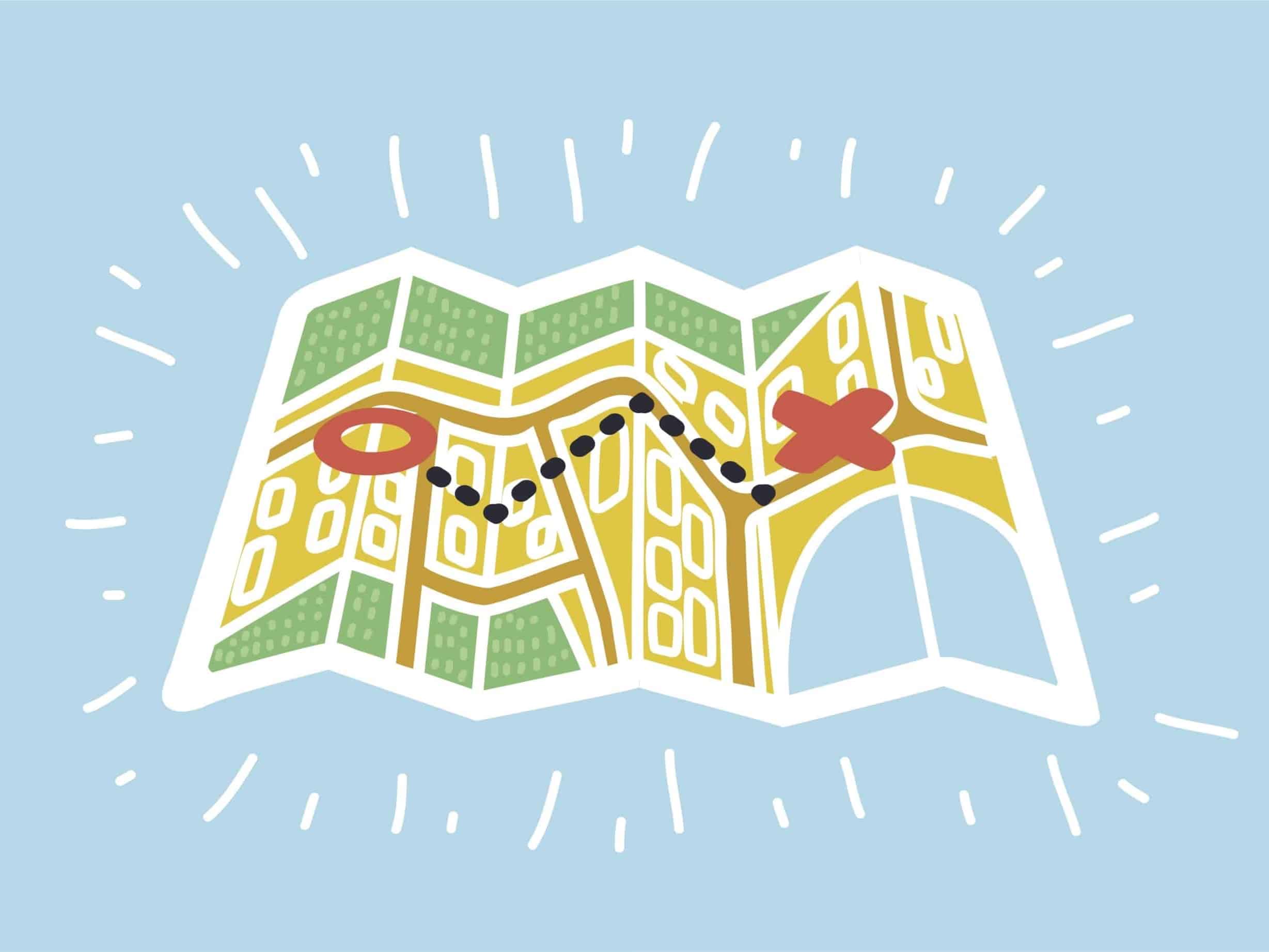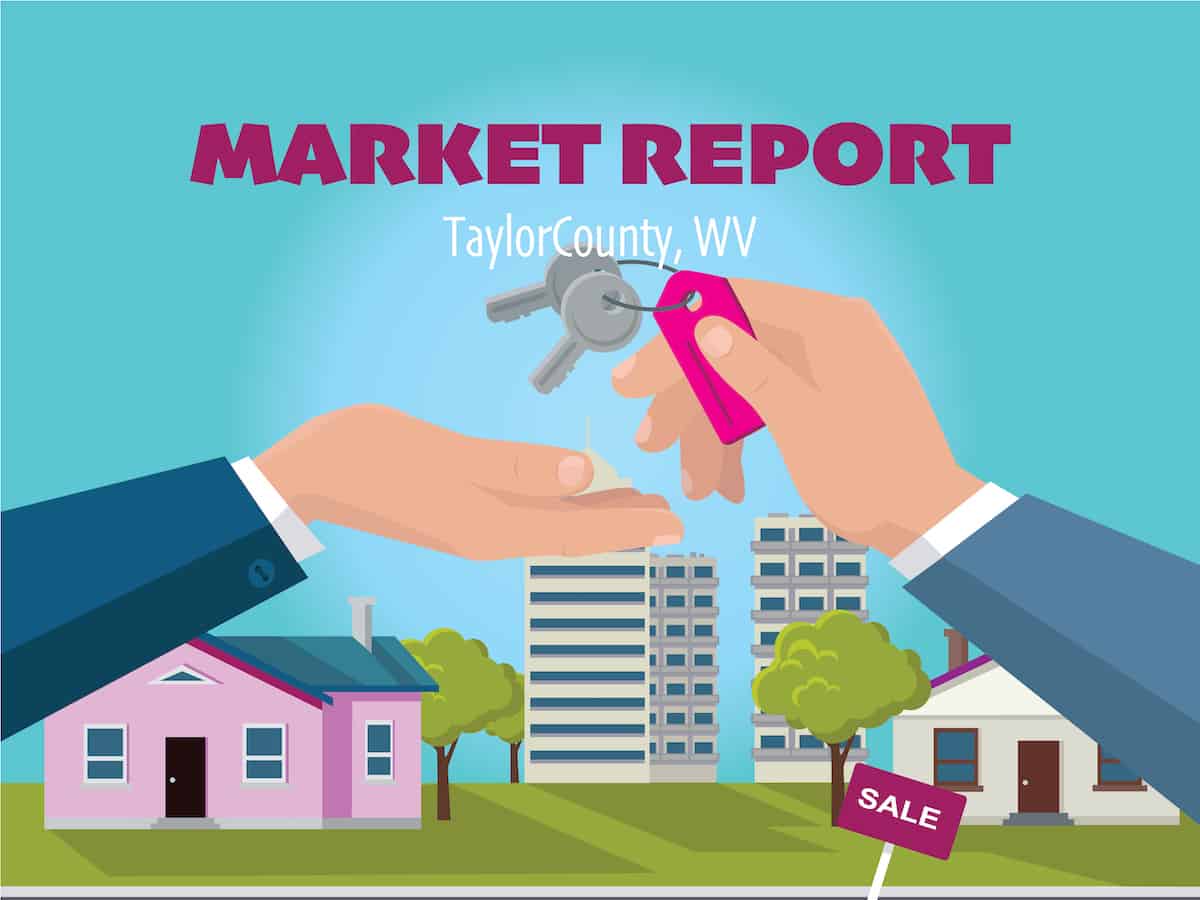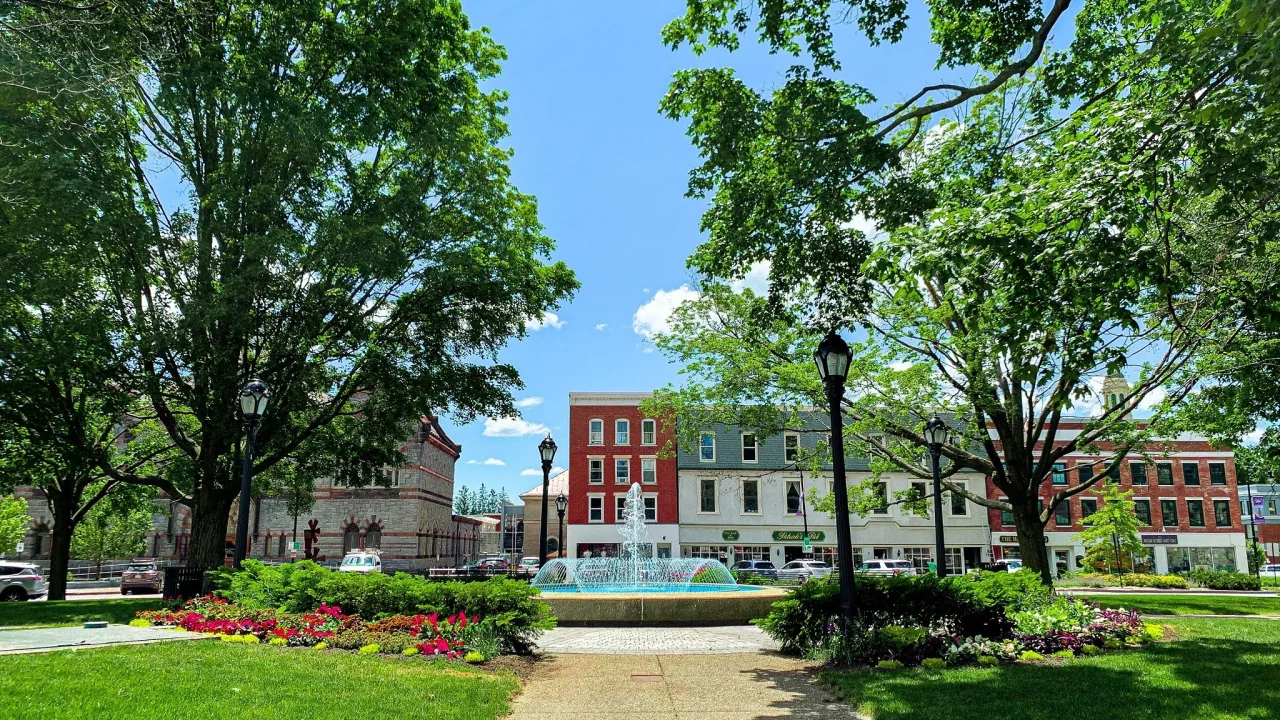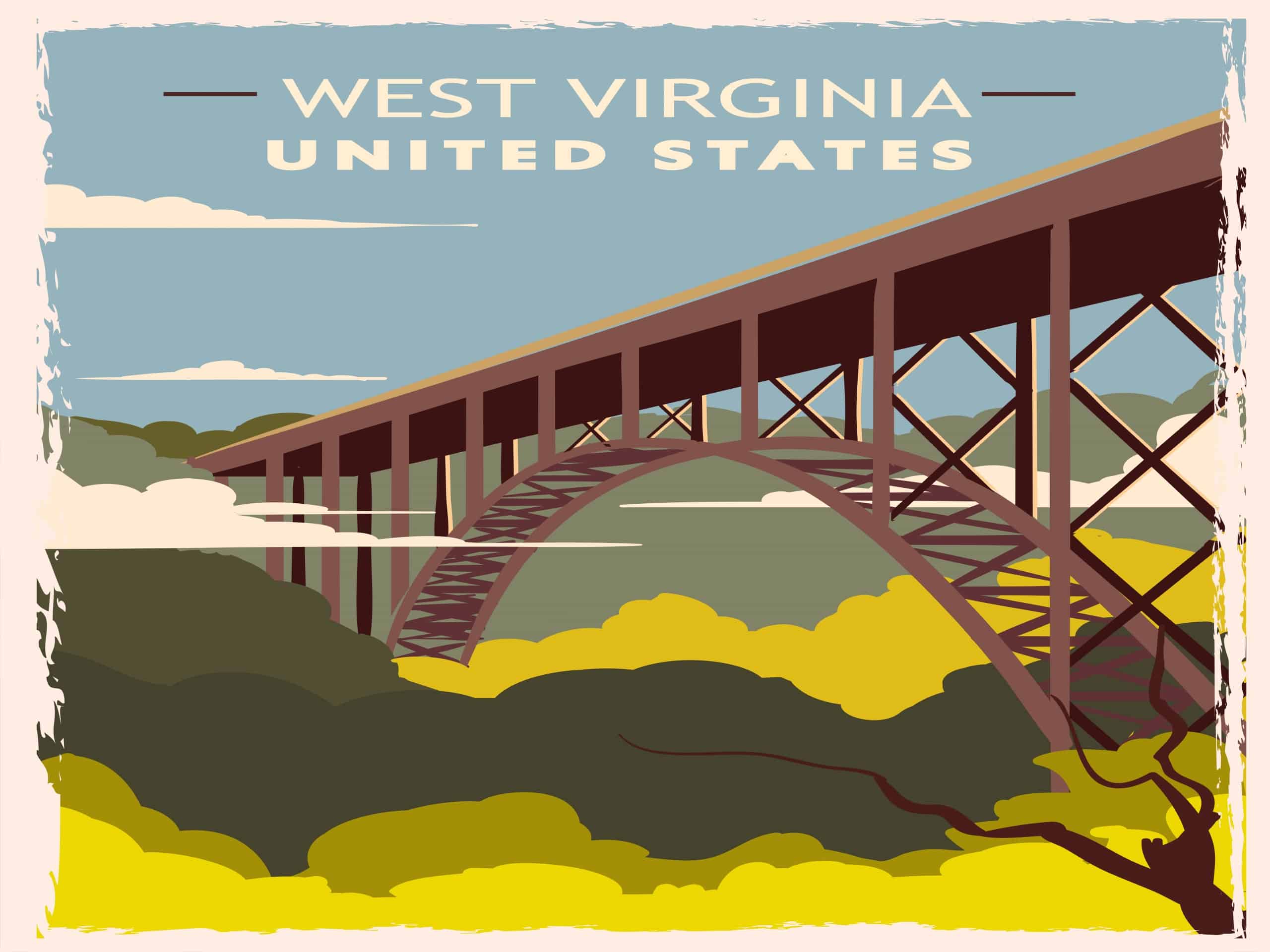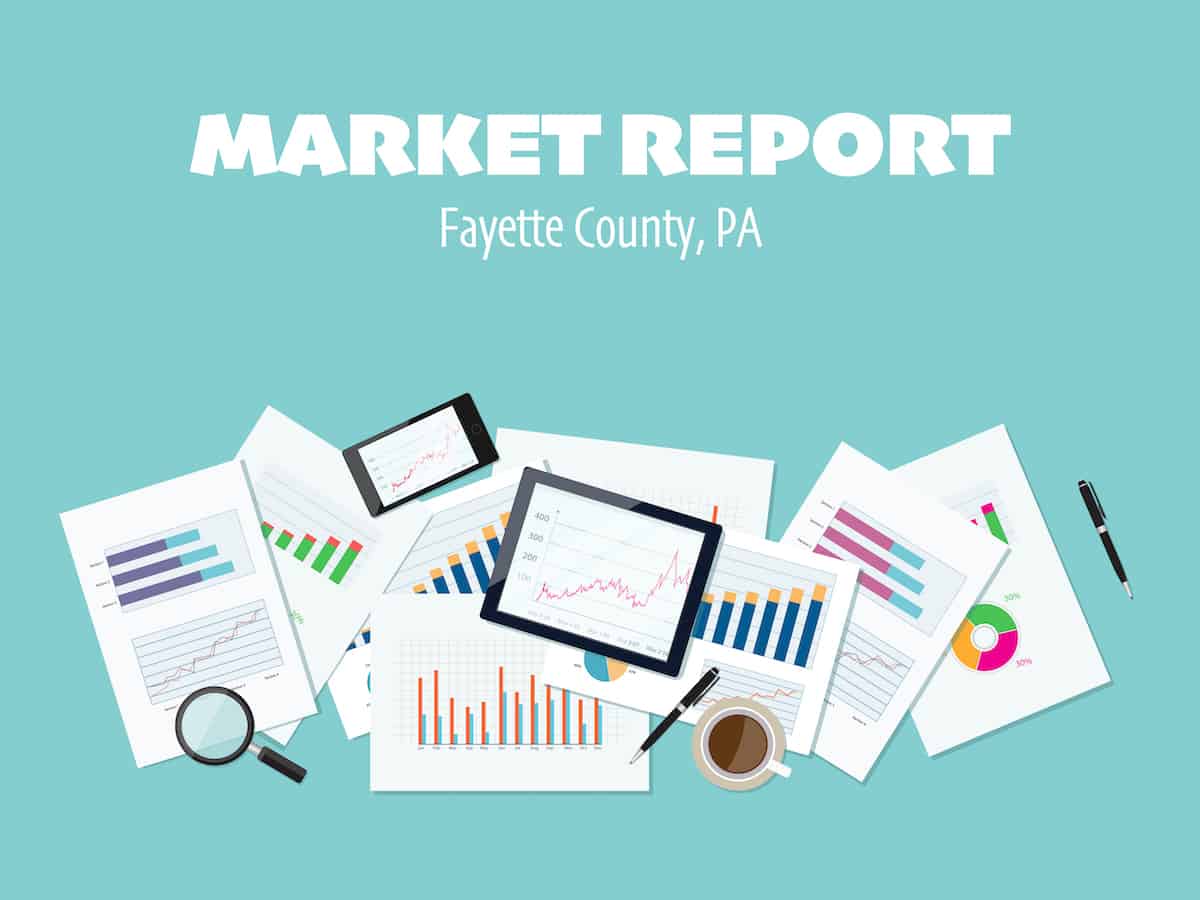West Virginia is one of a kind among America’s 50 states. At a convention in Wheeling, Virginia, in 1861, delegates from Virginia’s northwest regions, which were faithful to the Union, cast a ballot to split away from that state over the issue of slavery and their refusal to be a part the Confederate states.
West Virginia is again endeavoring to “split away,” this time on the issue of personal income tax. While the President needs to raise government taxes to cover overspending, the legislative leader of West Virginia, Jim Justice, needs to lessen and in the end dispense with his state’s personal income taxes. On the off chance that effective, West Virginia would join nine different states that don’t force state income tax on their residents.
In spite of the fact that his state has encountered a population decrease for a very long time, Gov. Justice accepts now is the ideal chance to alter the course by reducing the state’s personal tax by 60% in the primary year, prompting its inevitable disposal.
In a meeting, I asked the lead representative for his reasoning behind deleting his state’s significant income source. He said it is on the grounds that the state’s economy is growing and it presently has a “$100 million excess,” disregarding the pandemic. That is on the grounds that, he says, organizations, including cafés, “are 100% open” and individuals are running to the state to invest energy and cash.
He assesses that if his tax break proposition passes the greater part Republican governing body it will “put $2,200 more in individuals’ pockets. Everyone in the state will wind up cash positive.”
Shouldn’t something be said about the individuals who don’t procure enough to cover state annual expense? “I’ll simply write them a check,” he says. The lead representative says that consumption will be paid for and the lost income recuperated by raising the state deals charge from 6% to 7.9% “on beer, soft drinks, tobacco and luxury items.” He predicts his proposition will raise property and home values, and result in more jobs and higher wages.
Such a result would duplicate the pre-pandemic economy under the Trump organization, which cut federal income tax.
Inquired as to why the state is seeing moderately solid monetary numbers when numerous different states are battling, Justice says, “It’s totally financial development. Our travel industry, our state parks — everything — are growing in West Virginia. This is across innovative, advanced education, clinical, the travel industry, and so forth”
With an improving economy, Justice acknowledged the state’s part of the $1.9 trillion relief bill as of late passed by Congress and endorsed by President Joe Biden?
“Totally,” he says. The issue, as The Wall Street Journal noted, is this language in the action: “A state or domain will not utilize the assets to either straightforwardly or by implication balance a decrease in the net assessment income.”
Gov. Justice faults Sen. Joe Manchin, D-West Virginia, for remembering that language for the bill, yet he says he will keep the law on the off chance that it is deciphered in a manner that baffles his proposed tax breaks.
A federal fair, or flat, tax — even a “use” tax — even a “utilization” charge — rather than a graduated annual assessment, has been a fantasy of numerous Republicans and preservationists for quite a long time. In addition to the fact that it would give everybody “skin in the game,” rather than the current circumstance where a large portion of the nation pays no government annual duty, it would likewise kill a significant part of the class fighting the left uses to increase government rates on “the rich” and effective.
On the off chance that Gov. Justice figures out how to explore the legitimate difficulties that will probably come from his proposed cut in state taxes, West Virginia could be a model for different states and surprisingly the government. This would require numerous electors to get off the golden goose and assume greater liability for themselves.


